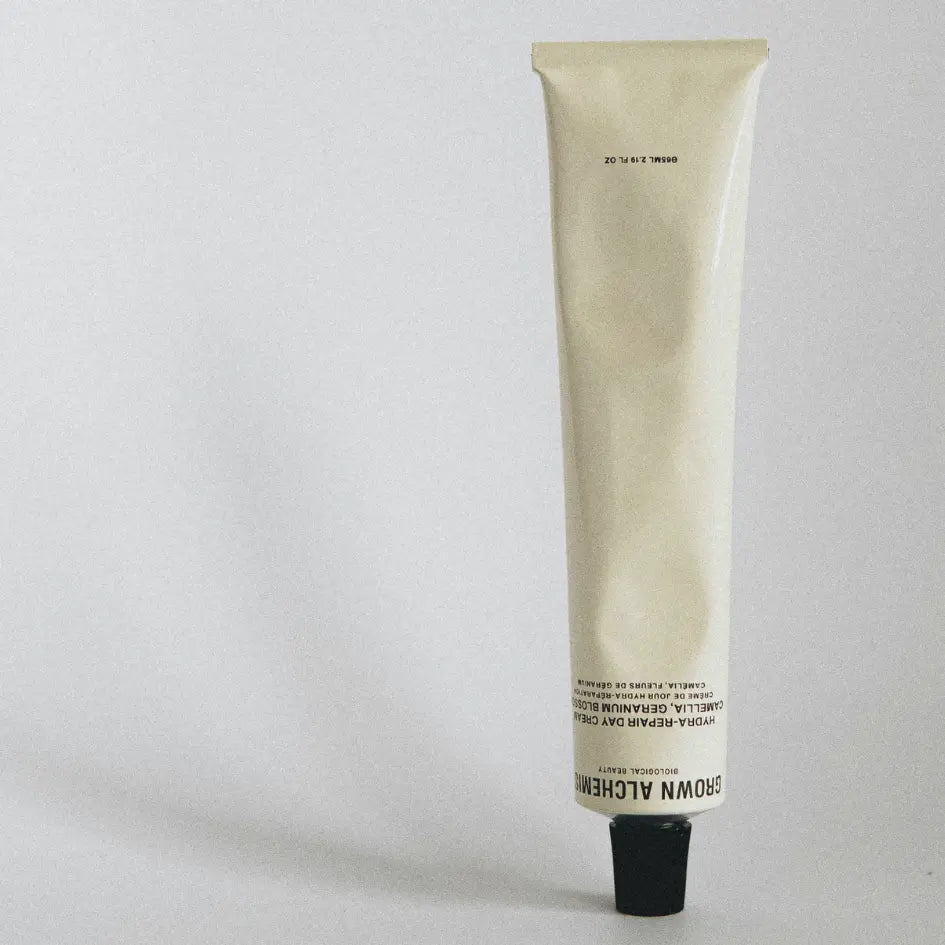Anaday
Our ratings are based on a scale from 1 (Avoid) to 5 (Top Choice).
See how we rate.
The Shifting Gaia rating evaluates brands based on sustainable practices, ingredients and materials, and social responsibility, among others. Below are a few factors influencing this brand's score:
overview
about
Anaday is a fitness and lifestyle brand specialized in making sustainable yoga mats and accessories. Highlights
• Climate-neutral certified
• Purpose driven brand
• Sustainable material sourcing
• Eco-friendly alternative to conventional yoga mats
• Woman-owned business
• Plastic-free packaging
sustainability
details:
Packaging
Products are shipped with plastic-free, recyclable, and compostable materials, eliminating single-use plastics entirely. Any necessary labels or inserts are made of FSC-certified, acid-free paper printed with soy-based inks, which ensures they're non-toxic and naturally compostable. Shipping boxes are sealed with biodegradable tape, and Ananday even reuses packaging from suppliers whenever possible. In the rare case that any plastic sneaks in, they partner with TerraCycle to recycle those “non-recyclables.”
Ingredient Sustainability
Ananday designs its yoga mats and accessories with natural, renewable materials instead of synthetic plastics. No PVC, polyurethane foams, or other petrochemicals are used. All products are plant-based, biodegradable, and plastic-free. Cork is 100% natural, biodegradable, and its production supports biodiverse cork forest ecosystems. Ananday uses cork in its yoga mats, blocks, and massage balls
Tree rubber is used for the base of mats. Ananday's rubber is free of PVC, EVA, or other synthetics. The brand does not mention a specific certification (e.g. FSC) for their rubber sourcing, but by choosing sustainably tapped tree rubber over petrochemical mats, they avoid the heavy footprint and non-renewability of plastic mats.
The Ananday Travel Yoga Mat incorporates jute fiber interwoven with natural rubber. Jute is a fast-growing plant fiber that requires relatively low water and pesticide input compared to cotton. Yoga straps are made from unbleached, GOTS-certified organic cotton. These are are undyed or use non-toxic dyes. Hardware on the straps (e.g. adjustable buckles) is made of lightweight brushed zinc instead of plastic.
Rather than synthetic foam or polyurethane filling, Ananday's meditation cushion is filled with kapok fiber, a plant fiber derived from the seed pods of the kapok tree. Kapok is one of the most sustainable fill materials – it grows wild in tropical forests, requires virtually no water or pesticides, and needs minimal processing.
Energy Use and Footprint
The company has been Climate Neutral Certified since 2019, measuring its entire operational and supply chain carbon emissions and offsetting 100% (or more) of its annual footprint. In practice, this means Ananday funds verified carbon reduction projects (through partners like Pachama) to counterbalance all emissions from manufacturing, transportation, and operations.
To reduce emissions at the source, Ananday implements thoughtful operational choices. Notably, the brand does not offer express or rush shipping, since expedited shipping methods (air freight, overnight delivery) carry a higher carbon footprint.
On the production side, the brand's use of renewable materials often correlates with lower embodied energy. For instance, cork harvesting is a low-energy manual process, and kapok fiber processing is minimal.
Waste Management
Ananday employs small-batch manufacturing, which inherently reduces overproduction and waste. By not mass-producing huge inventories, they avoid excess stock that might go unsold (and ultimately to landfill). The materials chosen also help mitigate waste. For example, using cork and natural rubber in mats means no complex laminates that are hard to recycle (the mat is fully biodegradable at end-of-life).
Ananday explicitly states they do not incorporate single-use plastic at any point of production. This prevents manufacturing waste (and pollution) upstream.
While Ananday does not yet run a take-back program for used products, they equip customers with guidance to responsibly handle products at end-of-life. The product pages remind that materials like cork, cotton, linen, and kapok are 100% compostable and biodegradable.
Business Model
Ananday's business model encourages mindful consumption and opposes the fast-paced, disposable product cycle that is common in retail. Their product line is curated and purpose-driven, products are multi-funtional and built with longevity in mind, and they do not overpromote in their marketing.
non-toxic
details:
The entire product range is free from the usual toxins found in conventional yoga gear. For instance, typical yoga mats are made of PVC or PER plastics containing phthalate plasticizers, chlorine, and heavy metal stabilizers – Ananday's mats, by contrast, contain none of those. The Cork Yoga Mat is explicitly “No plastic. No harsh chemicals. No toxins.” There are no glues, adhesives, or synthetic dyes used in manufacturing the mat.
Other products follow the same philosophy. The cork blocks and massage balls are simply natural cork (free of polyurethane binders). Hardware is zinc, which is a safe metal commonly used even in dietary supplements (no cheap chrome plating with possible toxic coatings). The meditation cushion materials (organic cotton/linen cover and kapok fill) are untreated.
social responsibility
details:
Ananday is a small, mission-driven company that signals a commitment to ethical labor practices, though detailed transparency is somewhat limited. Their use of certified materials like GOTS organic cotton comes with social criteria: GOTS certification includes provisions for worker welfare (no child labor, fair wages, etc.) in the textile processing stage. However, it must be said that direct transparency on Ananday's supply chain is sparse. The website does not specify where the products are made.
Ananday's products are completely vegan and cruelty-free. All the materials (cork, rubber, cotton, linen, jute, kapok) are plant-based or mineral. There is no leather, wool, silk, or down in any product.
Ananday engages in several initiatives that have positive impacts on communities and the environment, embodying social responsibility beyond its products. The most prominent is their partnership with Trees for the Future, a nonprofit that plants trees and establishes forest gardens in developing communities.



